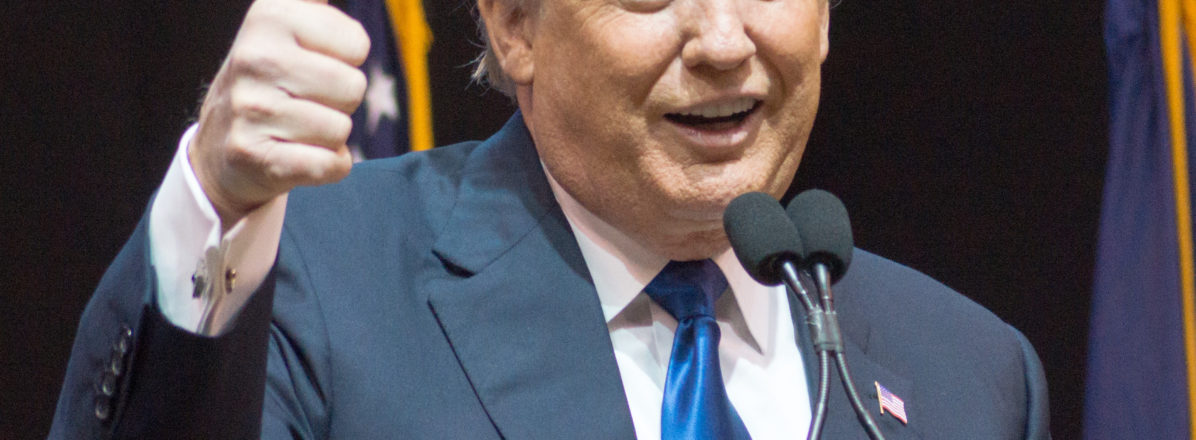A nation must think before it acts.
Japanese awakened to Donald Trump’s victory in disbelief, coining the label “Trump shock” to go with other “shocks” memorable in their history with the United States.1 A failure had occurred: of the US media, of the US role as the beacon of democracy, and of both a model of capitalism2 that was supposed to forestall angry backlashes and the international system,3 on which Japan had relied. US isolationism loomed, leaving China the clear winner, along, perhaps, with Russia or North Korea. For a few days, at least, there was an element of panic across the political spectrum, as Abe was seen as lacking personal ties to Trump—a matter highly valued—and Trump was viewed as having predispositions not favorable to Japan’s interests.
Commentators acknowledged that Abe’s foreign policy has been obsessed with the containment of China—e.g., the December 28, 2015 agreement with Park Geun-hye and the pursuit of Vladimir Putin planned to reach a climax on December 15, 2016—, and it rested heavily on a close bond with the US leadership. Now, they interpreted the “Trump shock” as a knockout blow to Abe’s ambitions. Japan had lost TPP and trust in its sole ally. Still, it had to beseech US help in limiting the damage, especially with regard to regional stability and a more emboldened China. Abe seemed frantic to salvage some of his foreign policy and to find a way to draw closer to Trump.4
The Japanese response to Donald Trump’s election ranged from a severe spike in anxiety, to confirmation of recent suspicions about the United States, to occasional expressions of a possible increase in opportunity, which appeared after Abe started to offer reassurances based on his phone call and, especially, his November 17 early meeting with Trump. Along with concern about the impact on Japan and its ties to the United States came worries about the effect on China, Sino-US relations, and the balance of power in East Asia. The convulsions of November 2016 were, in places, equated with 1945 and 1989-1991 as paradigm changers, even if the meaning is vague. Yet, a level of calmness soon set in, with care not to make the situation even worse mixed with some anticipation that it may later turn in a more positive direction.
Continue reading, “Japanese Media on the Impact of Donald Trump’s Election on Japan and China.”



